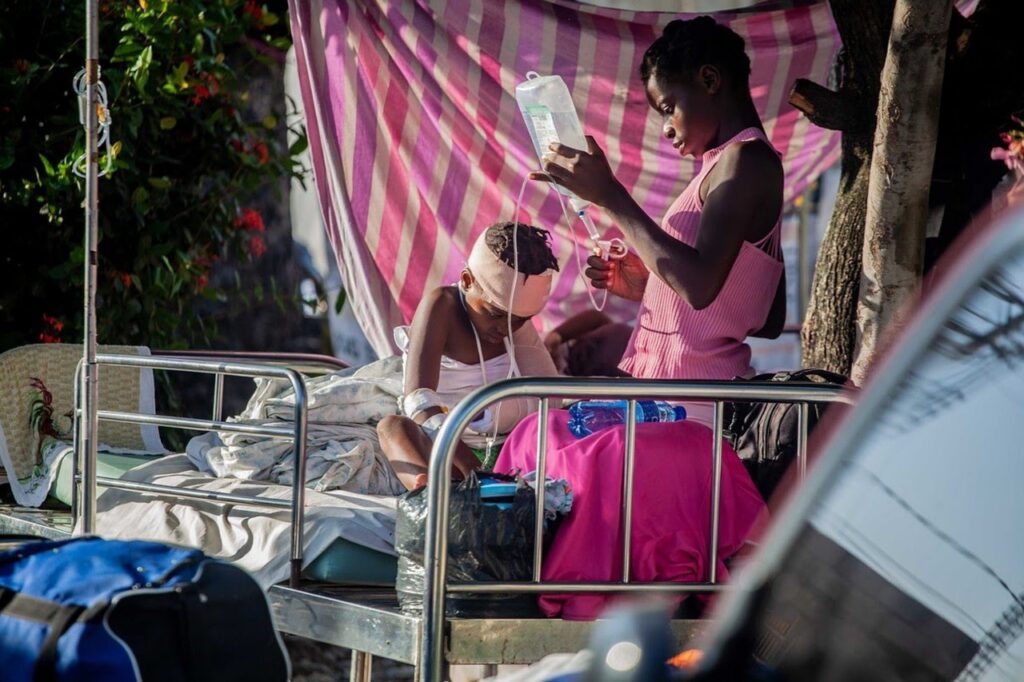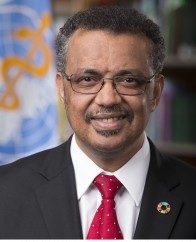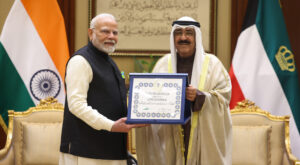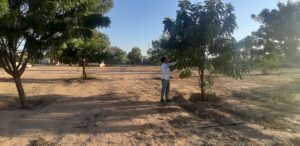

By Dr Tedros Adhanom Ghebreyesus*
Director-General, World Health Organization
The humanitarian situation has been deteriorating in Haiti Recent torrential rain, flooding and earthquakes have added to a toxic mix of poverty, hunger, violence and disease. 4.9 million people —almost half the population of Haiti— are expected to face crisis levels of hunger this year.
With armed gangs controlling large areas, insecurity in parts of the country has reached crisis levels comparable to countries at war. Hundreds have been killed in the violence, and rape and other forms of sexual violence are rampant.
Hunger and disease go hand-in-hand. The cholera outbreak, which began in October last year, continues to simmer, with more than 45 thousand cases and 700 deaths reported. Other diseases, such as TB, measles and polio, present an active risk.
Essential health services such as routine immunization for children have been severely disrupted. In 2021, only 41% of children had been fully immunized against measles, and we expect that number to be even lower now.
Children are particularly at risk of the deadly combination of hunger and disease. Severely malnourished children are many times more likely to die of diseases like cholera and measles.
Due to problems of insecurity and violence, patients and health personnel have difficulty accessing hospitals and health services, while health facilities are unable to function normally due to fuel shortages.
WHO is working to address the immediate needs of the population in areas affected by the resurgence of cholera, as well as protecting the most vulnerable groups impacted by violence, insecurity and rising poverty levels.
WHO has asked for 37 million U.S. dollars to reach 1.8 million of those in need in 2023.
*Excerpts from the WHO Director-General’s opening remarks at the media briefing in Geneva today





